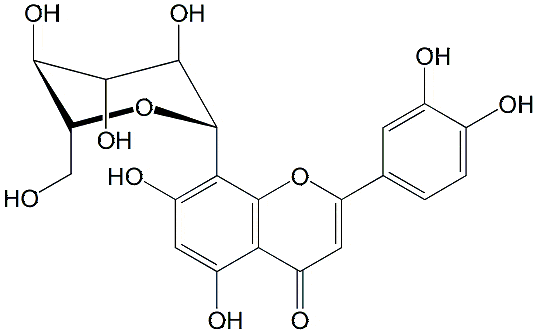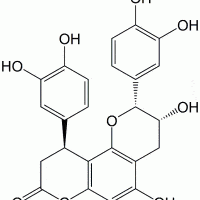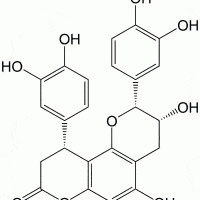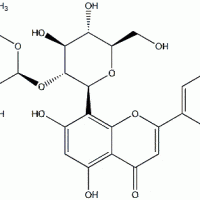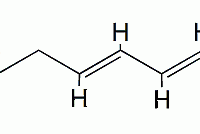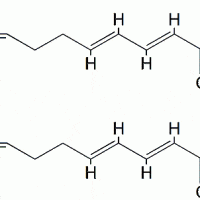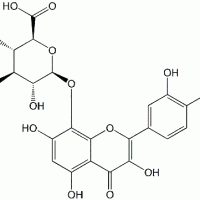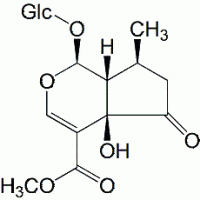- Required Weight missing.
Abstract
Compound Details
| CAS | 28608-75-5 |
|---|---|
| Molecular Weight | 448.38 |
| Chemical Formula | C21H20O11 |
| IUPAC | 2-(3,4-dihydroxyphenyl)-5,7-dihydroxy-8-[(2S,3R,4R,5S,6R)-3,4,5-trihydroxy-6-(hydroxymethyl)oxan-2-yl]chromen-4-one |
| Synonyms | Luteolin-8-C-glucoside, Lutexin, Luteolin-8-glucoside |
| SMILES | C1=CC(=C(C=C1C2=CC(=O)C3=C(O2)C(=C(C=C3O)O)C4C(C(C(C(O4)CO)O)O)O)O)O |
| Purity | 95%+ |
| Storage Temperature | Below -18 degrees C |
| Storage Conditions | Dry, freezer |
Product Use Disclaimer
Products are sold as laboratory reference materials, to be used for diagnostic and in vivo testing. The samples are not certified for veterinary or human use.
PRICE ON REQUEST
| Range (milligram) | Price ($/milligram) |
|---|---|
| 5 - 24 milligram | Price on Request |
| 25 - 99 milligram | Price on Request |
| 100 - 249 milligram | Price on Request |
| 250 - 499 milligram | Price on Request |
| 500 - 1000 milligram | Price on Request |
Technical Support
Product information is from published literature. Due to the nature of scientific experimentation, results or specific product application may vary (e.g., selectivity, detector response). If you have questions about the product, its application, and associated analytics, please contact our technical support team.
Related products
-
View Item
Cinchonain Ia
$18.00 - $28.00 / milligram -
View Item
Cinchonain Ib
$18.00 - $28.00 / milligram -
View Item
Vitexin-2″-O-Rhamnoside – CAS 64820-99-1
$9.40 - $12.10 / milligram -
View Item
Dodeca-2(E),4(E)-Dienoic Acid Isobutylamide
$26.00 - $39.00 / milligram -
View Item
Dodeca-2E,4E,8Z,10E/Z-Tetraenoic Acid Isobutylamide
$15.00 - $22.00 / milligram -
View Item
Hibifolin – CAS 55366-56-8
$4.50 - $7.00 / milligram -
View Item
Hastatoside – CAS 50816-24-5
$12.00 - $17.50 / milligram


